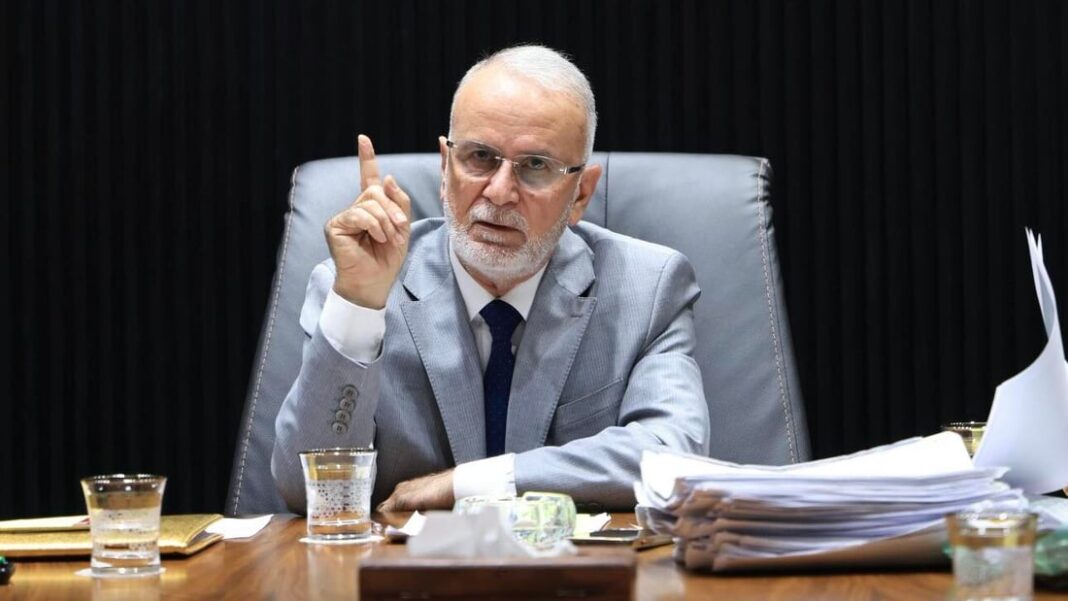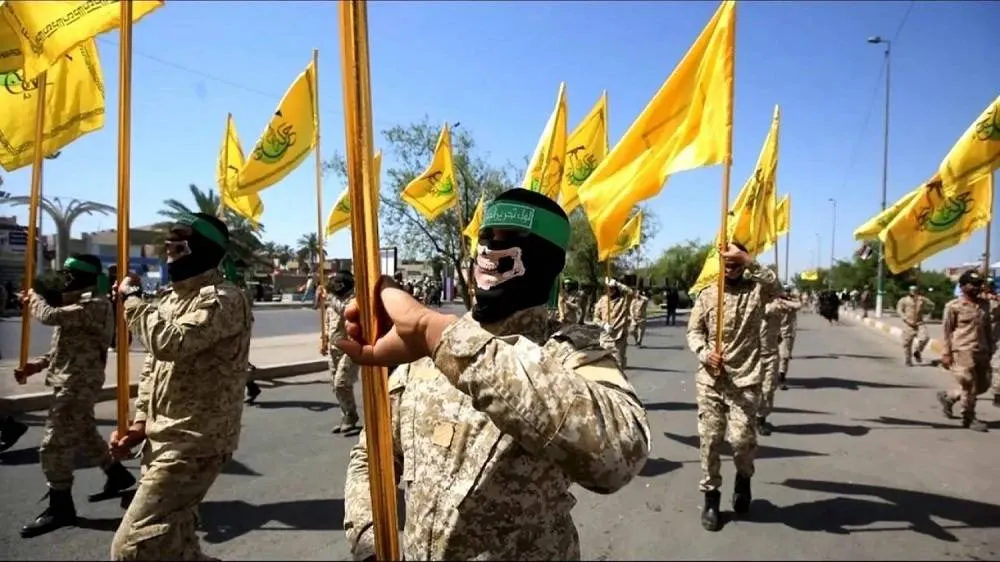The Baghdad Provincial Council voted on Sunday to remove Governor Abdulmutalib Al-Alawi from office. The decision, announced as Decision No. 49 of 2025, cites Iraqi retirement laws. However, the governor has strongly rejected the move and promised a legal appeal.
According to the council, the decision is based on Article 10 of the Unified Retirement Law. Additionally, it relies on Articles 23 and 24 of Law No. 21 of 2008. These laws regulate the retirement of officials in governorates not part of any federal region.
However, Governor Al-Alawi believes the council violated its own procedures. In a public statement, he claimed the issue was not on the session’s agenda. He also said no formal vote occurred to add it. “No topic may be discussed outside the official agenda in emergency sessions,” he stated.
Al-Alawi argued the vote lacked legal and procedural legitimacy. He also pointed out this was the tenth attempt to remove him. He said such efforts misused the argument of retirement age. “I was already retired when elected,” he said. “The law sets no age limit for governors.”
He added that he would challenge the decision under Law No. 21 of 2008. “I will follow legal procedures to appeal this decision,” he affirmed. Despite the controversy, he emphasized his respect for public service and the law.
The Baghdad Provincial Council elected Al-Alawi unanimously in February 2024. All 52 members supported him at that time. He belongs to the State of Law Coalition, led by former Prime Minister Nouri Al-Maliki.
The latest move comes amid rising political tensions. State of Law and the Taqaddum bloc have recently clashed over appointments. Earlier this month, the council attempted a similar vote to remove Al-Alawi. That session was later ruled invalid.
Nevertheless, both political blocs later reaffirmed their coalition. Al-Alawi, born in 1959, holds degrees in economics and administration. He has held roles in health and education ministries. He also served as a top adviser to the prime minister.
For now, the Baghdad Provincial Council faces renewed scrutiny over its actions and internal divisions.



